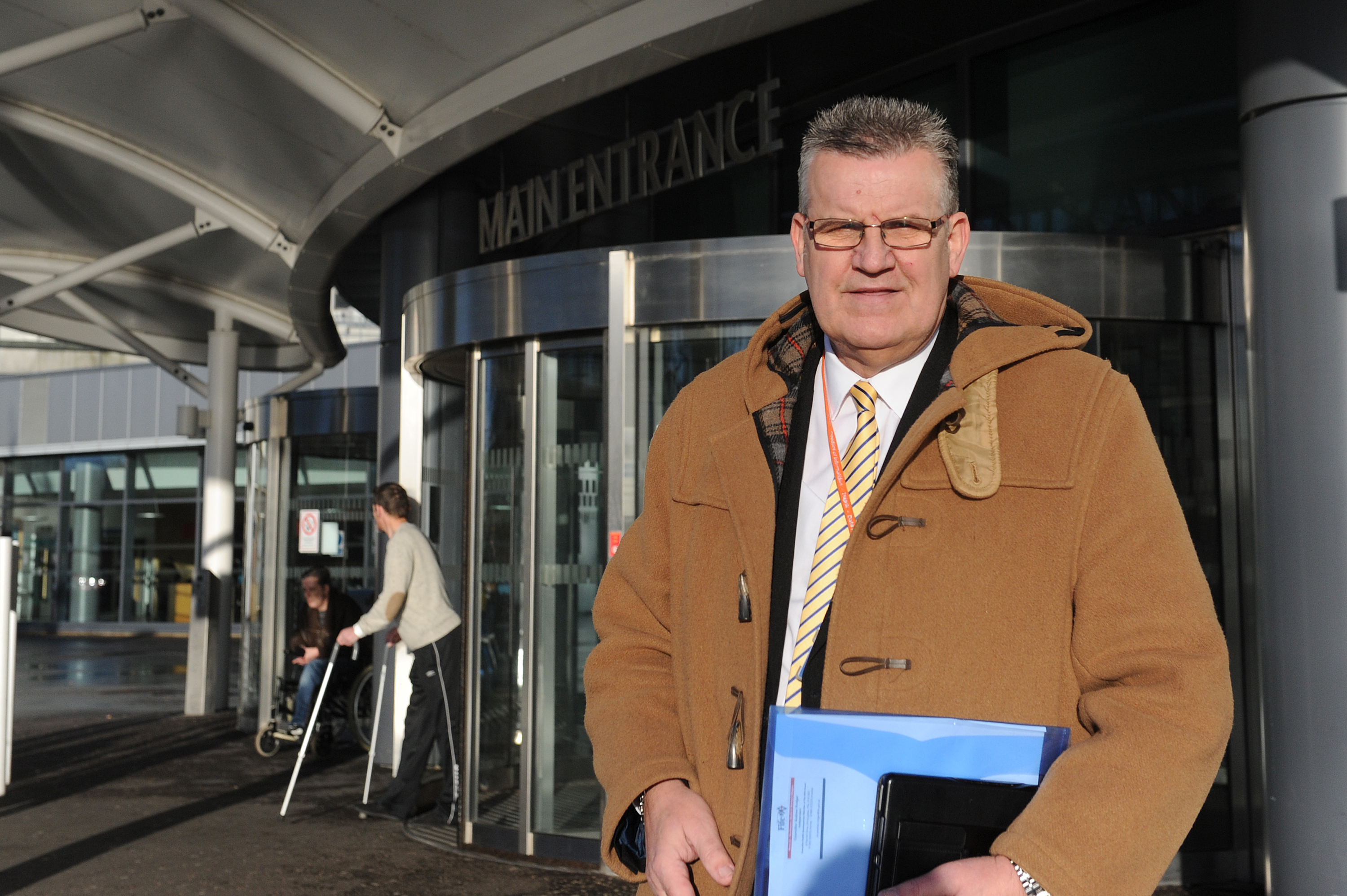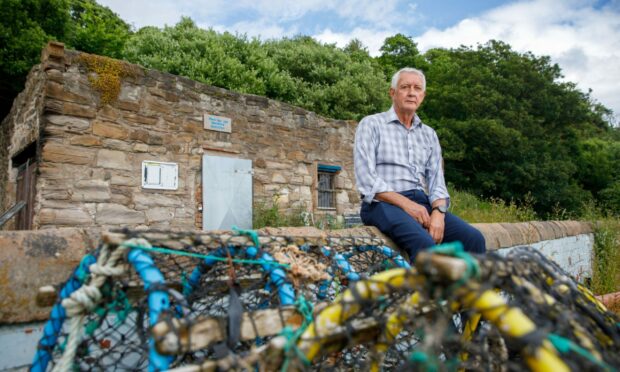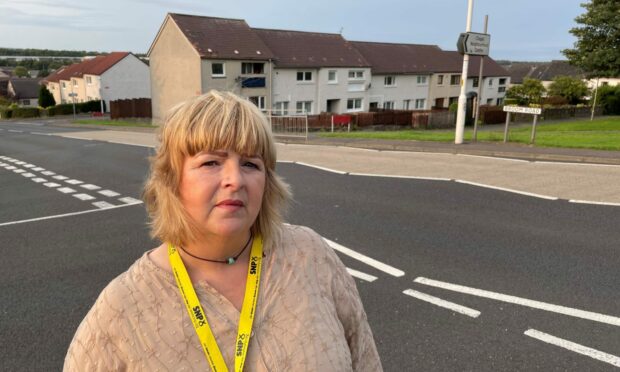Fife’s former health and social care chairman has threatened to hold a silent protest over the axing of the region’s Marie Curie nursing service.
Andrew Rodger, who chaired the joint board in 2015/16 will hold a one-man demonstration outside the health board, council and Scottish Government offices unless urgent action is taken to save the service for terminally ill people.
“I want the Scottish Government to step in to sort this mess out,” he said.
“This is a first class service. If they stop services like this for people with cancer we’d all be as well packing up now.”
Marie Curie announced this week it is stopping its palliative care service in Fife at the end of May amid fears proposals set out in a new contract by Fife Health and Social Care Partnership (HSPC) would lead to reduced quality of care and more people dying in hospital.
The charity warned the impact of insufficient services would be devastating.
While the HSCP has said provision of high quality care is it’s first priority no matter who delivers it, Mr Rodger is adamant Marie Curie is the only organisation capable of providing the specialist service.
“If you think the situation in hospitals is bad just now with a lack of beds, just wait ’til this is withdrawn,” he said.
“People will end up in acute beds, which is inappropriate, because there are not enough hospice beds.”
An independent evaluation of the Marie Curie service between July 2014 and June 2015 found there were 40% fewer hospital admissions and 68% fewer A&E attendances among those who received it compared to the period before it was introduced.
Patients were more than twice as likely to die at home and 82% of respondents said the service had reduced their feelings of anxiety.
“I know first hand this is a fantastic service,” said Mr Rodger, a former Fife councillor and a member of the NHS Fife board for five years.
“I will hold a silent protest until it is given the proper funding to carry on.”
Marie Curie was asked by Fife HSCP to submit a tender to continue its nursing service but claimed the values applied were “unrealistic and restrictive”.
They said it would not allow them to provide appropriate levels of quality care or retain a sustainable, highly trained workforce.
Claire Dobson, the partnership’s divisional general manager, said it was actively seeking urgent talks with the charity to find a positive way forward.










